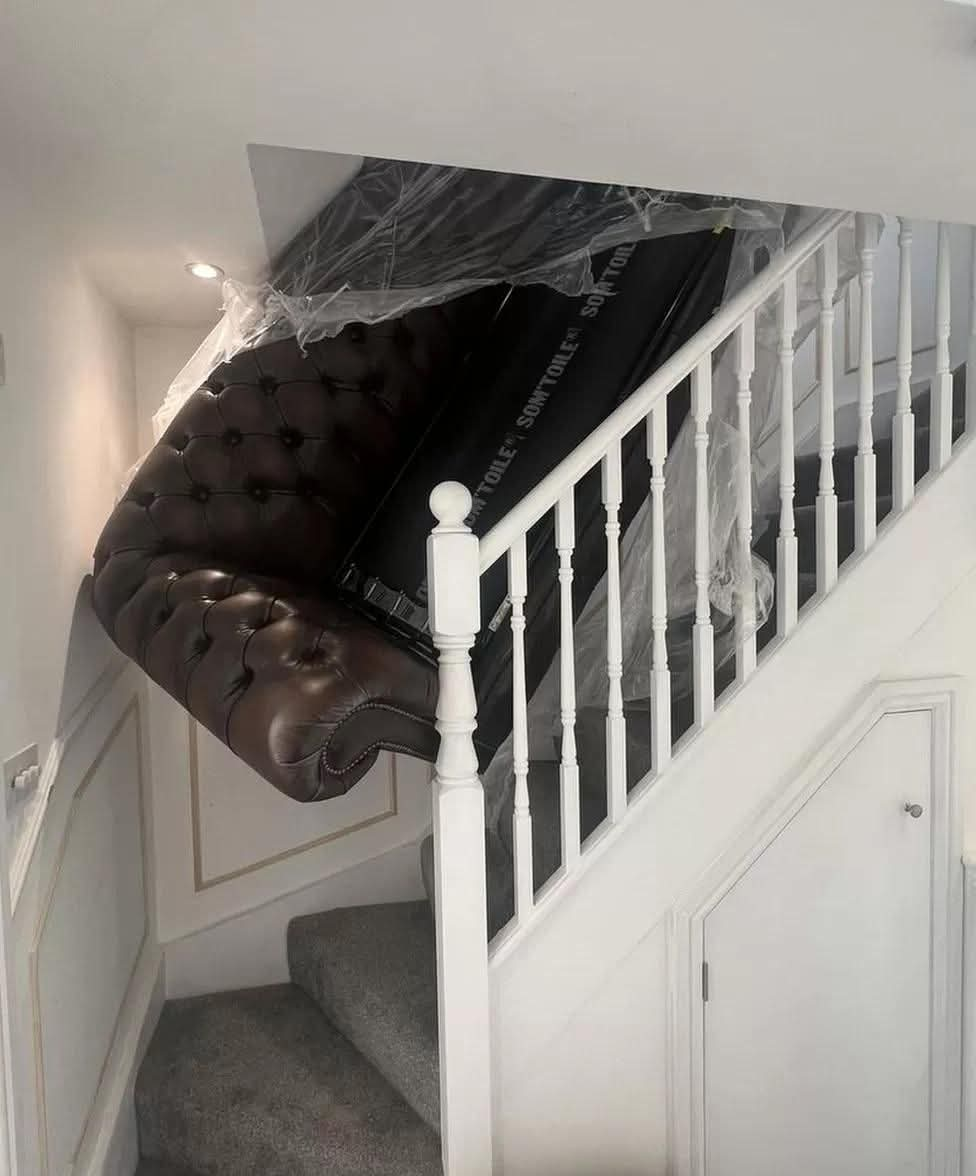this post was submitted on 17 Dec 2024
295 points (96.8% liked)
Funny
8251 readers
347 users here now
General rules:
- Be kind.
- All posts must make an attempt to be funny.
- Obey the general sh.itjust.works instance rules.
- No politics or political figures. There are plenty of other politics communities to choose from.
- Don't post anything grotesque or potentially illegal. Examples include pornography, gore, animal cruelty, inappropriate jokes involving kids, etc.
Exceptions may be made at the discretion of the mods.
founded 2 years ago
MODERATORS
you are viewing a single comment's thread
view the rest of the comments
view the rest of the comments

My house was built in the late 19th century with an expansion added on in the 40s. The build quality of the original part of the house compared to the later built section is night and day, with the newest part of the house being the part that has aged so much worse due to trying out this new wood framing thing they started really getting into after the war
Wood framing has been around a lot longer than that?
Specifically light framing which was pioneered in the early 20th century and became the dominant construction method in North America during the post-war housing boom.
Light framing can mean a lot of things. Wood framing has been around a lot longer than that. I too owned a house built in the 19th century, stick frame though. Also an addition sometime after ww2. They dug a rotund basement (round brick room) to accommodate indoor plumbing and built a kitchen on top of it.